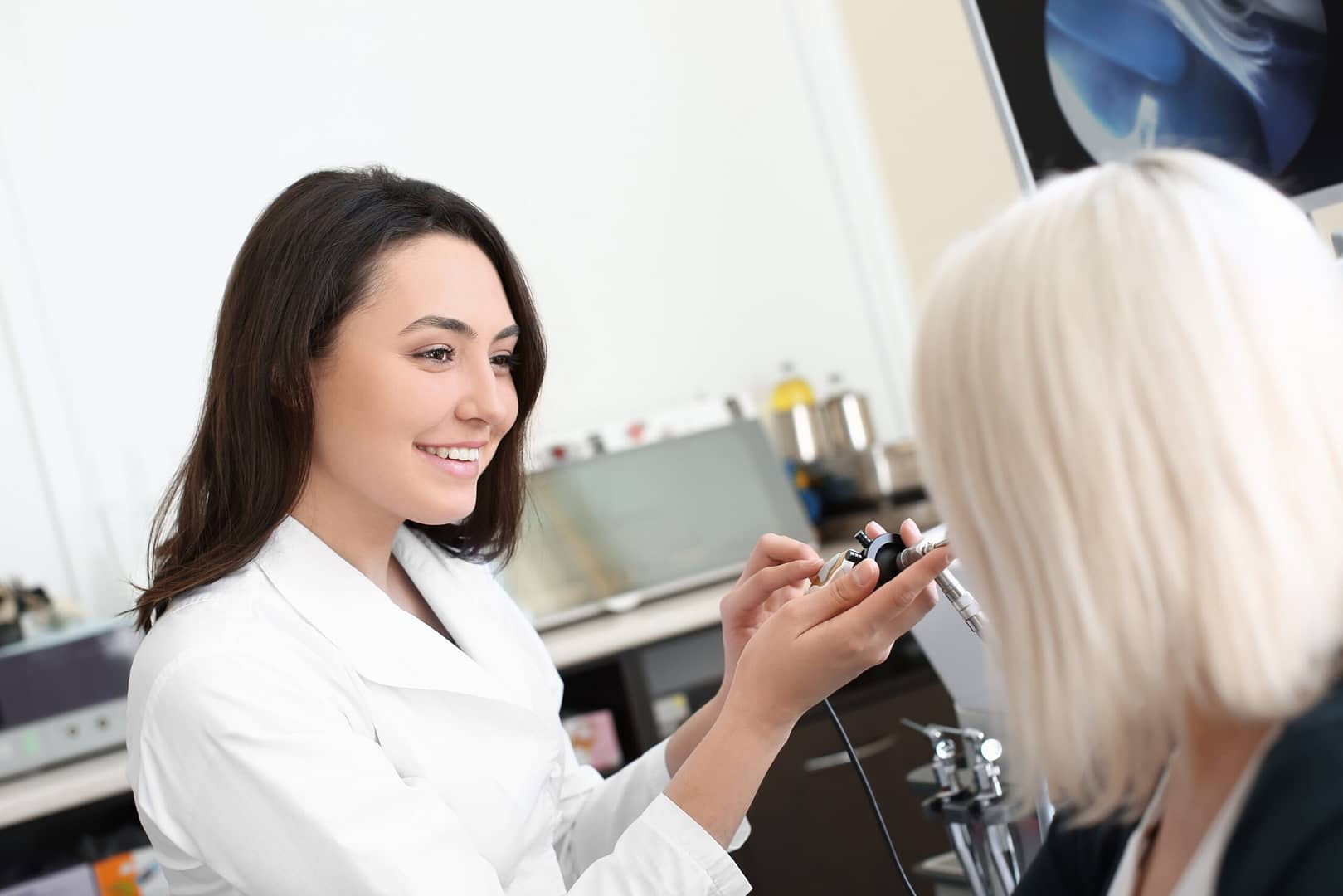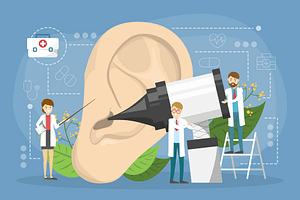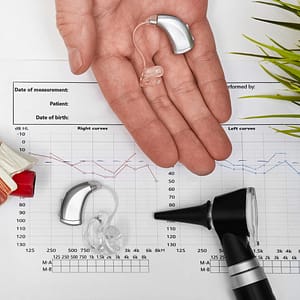I Have Booked My Appointment – What Can I Expect?
It’s completely normal to feel unsure of what to expect during your first audiology appointment.
Seeing an audiologist is not like seeing a regular doctor; audiologists are highly trained professionals who specialize in evaluating, diagnosing, treating, and managing issues related to hearing loss. Unlike the average GP, we have particular expertise and can attend to your issues professionally and thoroughly.
At Hear4U we have six audiologists working in our clinics in Hinckley, Leicester, Rothwell and Newark (coming soon!) – as well as our home visit service.
Your First Appointment
First of all, you’ll be greeted with a by our reception. We always offer hot or cold beverages to make your stay as pleasant as possible. As you arrive at the clinic, you’ll also notice that all of our staff are outfitted with Personal Protective Equipment (PPE) in line with current restrictions. We humbly request that you also follow the appropriate guidelines with regards to gloves/masks and social distancing.
At the appointment, you should be prepared to talk about all of the issues you have with your hearing (e.g. communicating, lower self-confidence, how you feel about it, and how it has affected your life) and whether you also experience any other problems associated with hearing loss (e.g. Tinnitus).
What Will I Be Asked?
It’s important to talk openly about the different situations where you find it difficult to hear clearly, such as noisy surroundings, in groups, or watching television. Our audiologist will also need to obtain a case history from you. This will include any relevant medical history, any recent complaints and symptoms you’ve had, and anything related to those symptoms. This is to ensure that there are no underlying conditions that haven’t been taken into consideration.
This will allow us to treat you in the best way possible; ultimately, the more you tell us, the better our service will be!
Do I Come Alone?
Ideally, you should consider bringing a close friend or family member with you to the appointment, as we use tests that involve you needing to hear a familiar voice to test your hearing. It also helps to have someone else present to help you communicate with the audiologist and to help remember and write down information – especially if you have more than a mild loss of hearing.
What Will It Involve?
The audiologist will run some tests and checks. These include:
-
Otoscopy
We will look in your ear canal with an ‘otoscope’ (also called an auriscope, a thin tube with a handle that widens into a lens) to check for ear wax, blockages, or any problems with your ear canal or eardrum. You can then view the results on a TV screen or iPod.
-
Tympanometry
This will test your middle ear function: our audiologist will be looking to see how well your tympanic membrane (eardrum) responds to light pressure. This test can detect anything that would inhibit the motion of the eardrum like fluid, infection, or eustachian tube dysfunction.
-
Audiometry
Measures the softest or least audible sounds that a person can hear. During the test, you will wear headphones for an air conduction check. You will hear a range of sounds directed to one ear at a time. A bone conduction test follows to determine the softest sound you can hear by stimulating the inner ear directly. This works through a bone vibrator that is placed behind the ear on the mastoid bone.
-
Word recognition test
Also called a speech discrimination test, it assesses a person’s ability to understand speech from background noise. If your speech discrimination is poor, speech may sound garbled and unclear. Word recognition scores are very helpful in predicting the usefulness of a hearing system and establishing exactly what level of technology you need to ensure that your hearing is improved as much as possible.
None of these tests should be too uncomfortable and they shouldn’t be painful at all, so don’t worry. Afterwards, your audiologist will explain the results to you. They may make referrals to your GP or other specialists if necessary. If your audiologist believes that other medical issues need to be ruled out as the root cause of the issue(s), you may be referred to an ENT (ear, nose, and throat consultant) via your GP. You may also be advised to have hearing aids, which we provide in-house and can give detailed information about. Alternatively, you may just have issues with earwax build-up and blockage – which we can also deal with!
If I have hearing loss, what do I do?
Assuming there are no underlying medical reasons for your hearing loss, we will then discuss the best options on how to proceed. We are here to help you understand what is required to improve your quality of life. Don’t worry, you are under no obligation at all.



